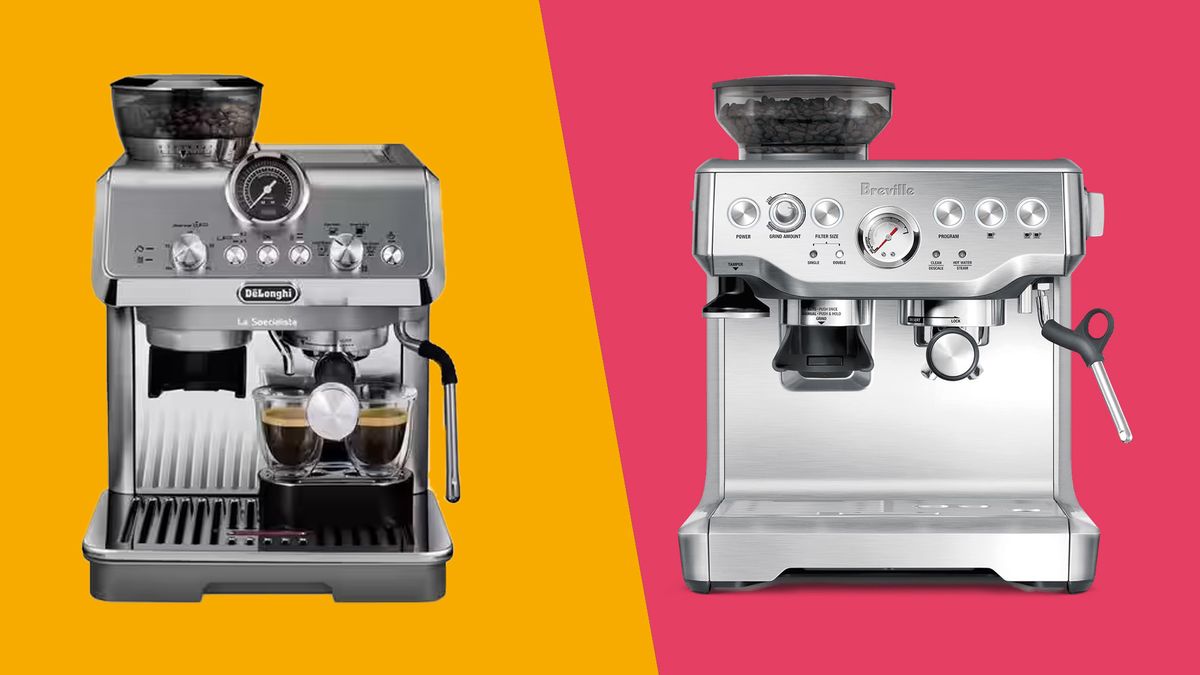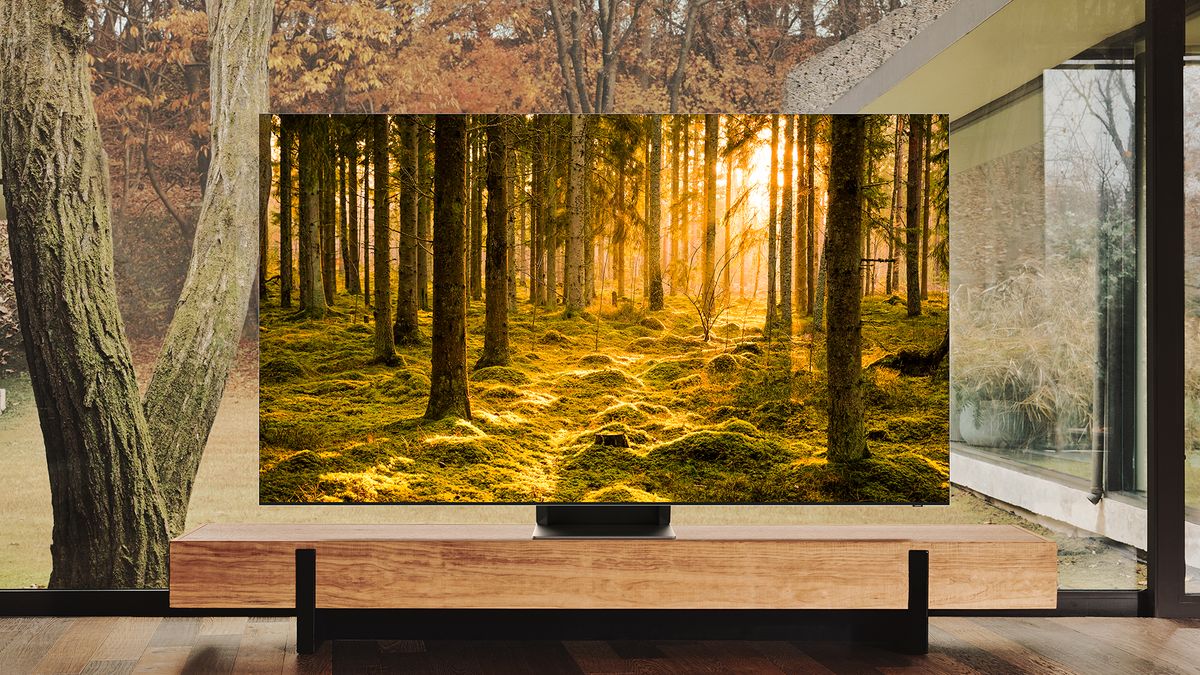Coffee aficionados and casual drinkers around the world have long been familiar with two of the most prominent players in the at-home coffee maker market – De’Longhi and Breville. Both companies have built respectable reputations due to their blend of style, functionality, and performance. In this versus guide, we take a deep dive into the similarities and differences between De’Longhi and Breville coffee makers, ranging from price to performance, ensuring that consumers can make an informed decision when it comes to selecting a machine that suits their needs and budget.
Price-wise, De’Longhi tends to cater to the more budget-friendly market, offering a range of coffee makers in versatile price brackets. Their product range, including automatic and manual espresso machines, drip coffee makers, and Nespresso machines, boasts an array of options. Notably, the company’s cheapest offering is the Stilosa Espresso Machine, which comes in at just $119. At the other end of the scale, De’Longhi’s automatic espresso machines, such as the PrimaDonna and Eletta models, range from $1,700-$2,500. Meanwhile, Breville targets a more mid to high-end market, with its at-home espresso machines, like the Barista Bambino Plus, starting at $300 and going up to $2,800 for the Oracle Touch, and the majority of their machines typically sitting between $600-$800.
From a design and features standpoint, Breville’s machines are known for their sleek, modern, and high-quality steel finishes. They offer intuitive control panels and features such as touchscreen LCD displays, making them not only aesthetically pleasing but also user-friendly. De’Longhi’s machines encompass a classic Italian design, featuring a combination of stainless steel and plastic, and are generally more compact, catering to smaller kitchen spaces. Although De’Longhi offers less customization across the board, they boast of key features like its $380 Dedica Deluxe model which allows control over individual elements of espresso. Overall, Breville’s extensive features and design give them a competitive edge.
When it comes to performance, Breville shines with its machines which offer a wider range of features and customization options. The brand’s ability to create a barista-level experience at home makes it a standout in this category. Additionally, their machines’ customizability allows for a wide range of coffee types, from espressos to cappuccinos. As for taste, both De’Longhi and Breville offer robust flavors, but Breville’s adjustments allow for richer, more nuanced tastes. While De’Longhi may offer a more consistent flavor across its range, Breville ultimately excels due to the superior tailored experience it provides in brewing.
Lastly, in terms of cleaning and maintenance, De’Longhi prioritizes simplicity and user-friendly upkeep for their machines – a big draw for those who want hassle-free maintenance. In contrast, Breville’s feature-rich machines come with more components to clean and maintain, with a higher risk of potential issues.
In conclusion, both De’Longhi and Breville have respective strengths and weaknesses that cater to different consumer needs. With De’Longhi, you get more affordable options, while Breville provides a superior level of customization and a richer tailored experience. Ultimately, the choice between the two comes down to individual priorities, preferences, and budget.




